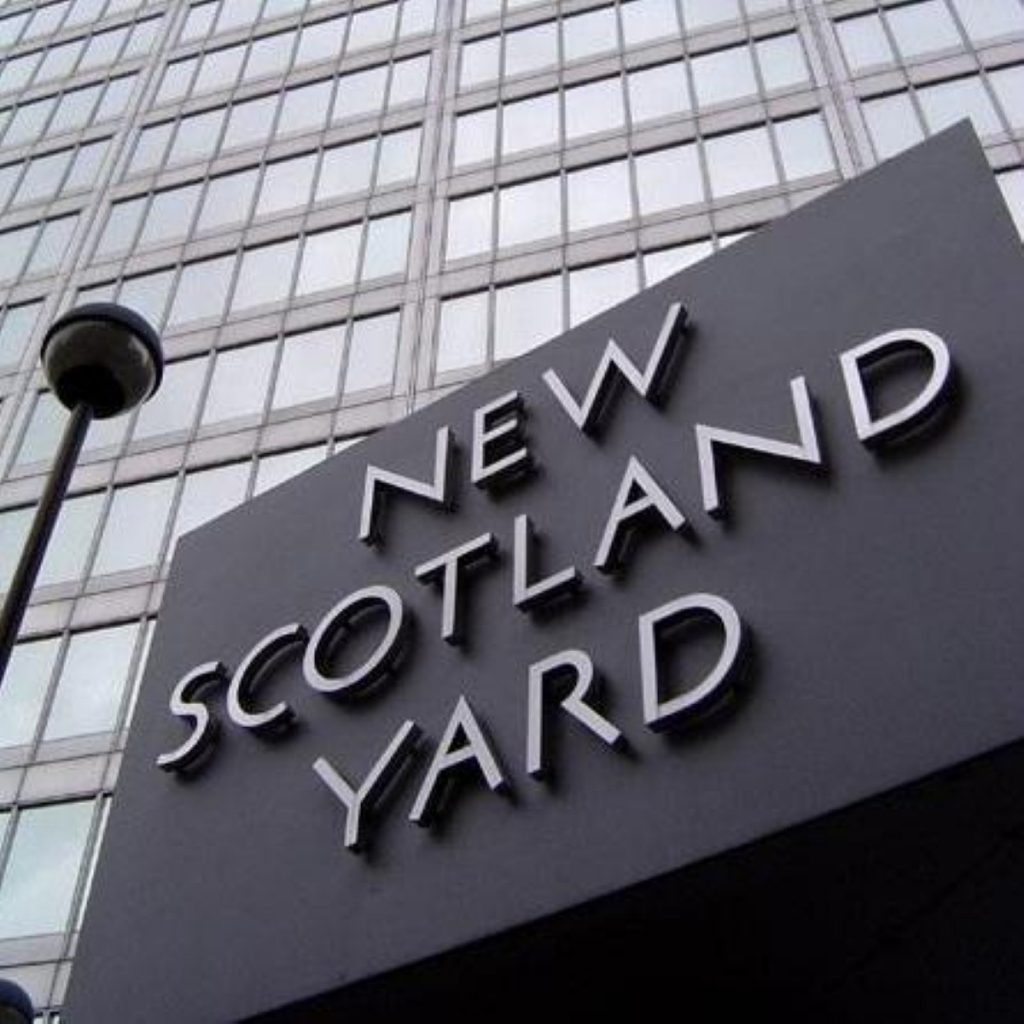Institutional racism still exists in the Met, report claims
By Jonathan Moore and Matthew West
Ten years on from the inquiry which branded it institutionally racist there are still significant problems that exist within the Metropolitan Police Force, a prominent ethnic minority group has said today.
Writing for politics.co.uk Dr Nicola Rollock, of The Runnymede Trust, contradicts the evidence to be presented later this morning by crime specialists from the University of Plymouth that there has been a “significant cultural change” in the mindset of police officers following the inquiry into the murder of Stephen Lawrence.
Dr Rollock says: “Unfortunately, today as 10 years ago, institutional racism remains a term that is misunderstood. Its mere mention sparks controversy and defensiveness as it continues to be confused with individual forms of racism associated with Far Right or extreme groups.


“The fact that policies and procedures, though ostensibly well-meaning by design, might have outcomes that disadvantage black and minority ethnic groups seems to be an aspect of racism that many seem unable to comprehend.”
Dr Rollock goes on to say specifically that the two areas where the Met is failing most are in the recruitment and retention of officers from black and ethnic minority communities and in the policy of stop and search where she claims black and ethnic minority males are still singled out by the police.
In terms of recruitment, she says, the force has consistently failed to meet government set targets while black and ethnic minority officers still leave the force at a higher rate than their white colleagues. Meanwhile, the policy of stop and search “yields a constant 12 per cent arrest rate while increasing numbers of innocent black people continue to be stop and searched”.
Accusations of racism have continued to dog the police force with the former commissioner of the Metropolitan poice, Sir Ian Blair, being accused of discrimination by the most senior Asian police officer in the country late last year.
Tarique Ghaffur, the former assistant commissioner, alleged he had been passed over for promotion because of his race but withdrew his complaint after he received a £300,000 payout.
The Metropolitan Police Authority (MPA) launched an internal investigation into its employment practices with regard to people from ethnic minorities on 18th February.
The head of the MPA, London Mayor Boris Johnson, announced the investigation last year following Mr Ghaffur’s complaint, along with several other high-level allegations of discrimination.
Mr Ghaffur was the first person to give evidence to that inquiry last week, while current Met commissioner Sir Paul Stephenson, who featured prominently in Mr Ghaffur’s complaint, will give evidence at a later date.
Chief superintendent Ian Johnston, president of the Police Superintendents’ Association of England and Wales (PSAEW), defended the force’s record on recruitment by saying: “As senior police leaders we are determined to play our part in achieving a police service that truly represents the communities that we serve.
“All minority groups should be encouraged to join what is the finest police service in the world.
“Senior police officers and role models within the police service have an incredibly important role to play in acknowledging and celebrating the significant progress that has been made, as opposed to over emphasising negative incidents in the media, which does little to assist us all in achieving our long term goal.”
But Tony Smikle, vice president of the National Black Police Association, supported the views of Dr Rollock.
When asked whether the police force was still institutionally racist he replied: “Short answer, yes. One of the difficulties in talking about this is that the definition of racism in the Macpherson report was very clear, it’s not about individuals but about outcomes of processes.”
“On that definition, the problem still exists today.”
“It’s not unique to the police, but the significance to the police is very clear. The police service have power over the individual.
“Not only can the police detain you, but they can incarcerate you and in specific circumstances can take your life.
“It’s imperative that the practices in place are fair and equitable for all. If the police say that’s what we have in place today then I ask that they show me the evidence.
“If they are able to show me that evidence then I will say the police are not institutionally racist.”
The conference to mark the 10th anniversary of the Macpherson report today will be attended by, among others, Doreen Lawrence, the mother of Stephen Lawrence, home secretary Jacqui Smith, the Lord Chancellor, Jack Straw the justice secretary and the commissioner of the Metropolitan Police.

